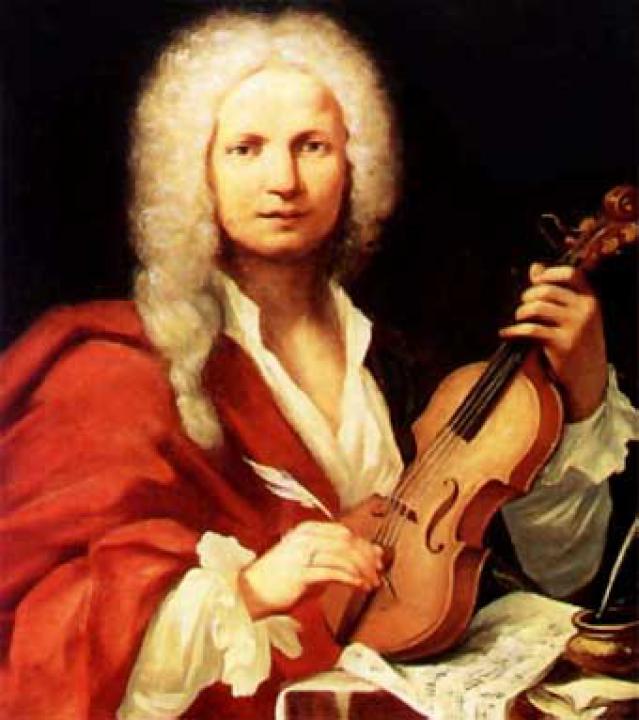Stamp: Emilis Melngailis, Composer (Latvia 2024)
Emilis Melngailis, Composer (Latvia 2024)
15 February (Latvia ) within release Emilis Melngailis, Composer goes into circulation Stamp Emilis Melngailis, Composer face value 1.65 Euro
| Stamp Emilis Melngailis, Composer in catalogues | |
|---|---|
| Colnect codes: | Col: LV 2024.02.15-01 |
Stamp is square format.
Also in the issue Emilis Melngailis, Composer:
- Stamp - Emilis Melngailis, Composer face value 1.65;
- Full Pane - Emilis Melngailis, Composer face value 10*1.65;
Stamp Emilis Melngailis, Composer it reflects the thematic directions:
Chess is usually played by two players (called chess players) against each other. It is also possible for one group of chess players to play against another or against one player; such games are often called consultation games. In addition, there is the practice of simultaneous play sessions, when several opponents play against one strong player, each on a separate board.
The rules of the game were basically developed by the 15th century; In modern official tournaments, the rules of the International Chess Federation[6] are applied, which regulate not only the movement of pieces, but also the rights of the judge, the rules of behavior of players and time control. A game played remotely - for example, by correspondence, by telephone or via the Internet - has special rules. There are many variants of chess that differ from classical ones: with non-standard rules, pieces, board sizes, etc. The corresponding section of chess composition is fairy chess. Some aspects of the game of chess are studied in mathematics (for example, the classic “Knight's Move Problem” and “Eight Queens Problem”), including through computer simulation. Chess is usually played by two players (called chess players) against each other. It is also possible for one group of chess players to play against another or against one player; such games are often called consultation games. In addition, there is the practice of simultaneous play sessions, when several opponents play against one strong player, each on a separate board.
The rules of the game were basically developed by the 15th century; In modern official tournaments, the rules of the International Chess Federation[6] are applied, which regulate not only the movement of pieces, but also the rights of the judge, the rules of behavior of players and time control. A game played remotely - for example, by correspondence, by telephone or via the Internet - has special rules. There are many variants of chess that differ from classical ones: with non-standard rules, pieces, board sizes, etc. The corresponding section of chess composition is fairy chess. Some aspects of the game of chess are studied in mathematics (for example, the classic “Knight's Move Problem” and “Eight Queens Problem”), including through computer simulation.
A composer is a person who writes music. The term is especially used to indicate composers of Western classical music, or those who are composers by occupation. Many composers are, or were, also skilled performers of music.
Famous People refers to the fame and public attention accorded by the mass media to individuals or groups or, occasionally, animals, but is usually applied to the persons or groups of people (celebrity couples, families, etc.) themselves who receive such a status of fame and attention. Celebrity status is often associated with wealth (commonly referred to as fame and fortune), while fame often provides opportunities to make money.
Music is an art form and cultural activity whose medium is sound organized in time. The common elements of music are pitch (which governs melody and harmony), rhythm (and its associated concepts tempo, meter, and articulation), dynamics (loudness and softness), and the sonic qualities of timbre and texture (which are sometimes termed the "color" of a musical sound). Different styles or types of music may emphasize, de-emphasize or omit some of these elements. Music is performed with a vast range of instruments and vocal techniques ranging from singing to rapping; there are solely instrumental pieces, solely vocal pieces (such as songs without instrumental accompaniment) and pieces that combine singing and instruments. The word derives from Greek μουσική (mousike; "art of the Muses"). In its most general form, the activities describing music as an art form or cultural activity include the creation of works of music (songs, tunes, symphonies, and so on), the criticism of music, the study of the history of music, and the aesthetic examination of music. Ancient Greek and Indian philosophers defined music as tones ordered horizontally as melodies and vertically as harmonies. Common sayings such as "the harmony of the spheres" and "it is music to my ears" point to the notion that music is often ordered and pleasant to listen to.




